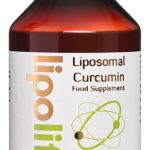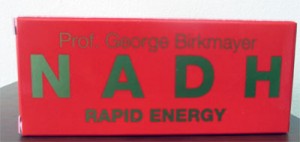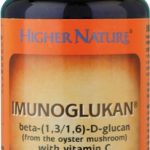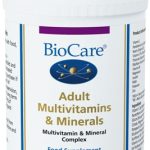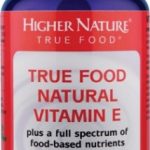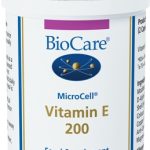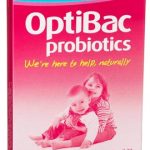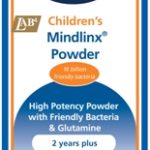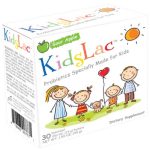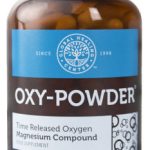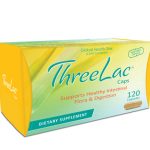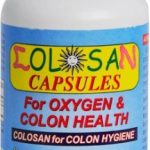Given it’s our last line of defence, you’d think we’d do more to ensure it works as it should and keep us healthy. It’s the thing that, once we’ve picked up a cold, a bug or any other infectious micro-organism that. via our mouths or noses, gets into our digestive or respiratory systems, ensures we can still function and recover.
Yes, we’re talking the immune system – one of the most crucial of all the human body’s systems. And yet, all too often we take it for granted and don’t help our body make sure it can operate as well as possible. So how can you look after your immune system better? How can you boost your immunity?
A complicated collection of interconnected cells, tissues and organs, the immune system is what protects these different bits and pieces of the body from harmful pathogens. And it does so by finding and isolating these pathogens as soon as it possibly can, then transporting them to the spleen, where they’re filtered from the blood – along with damaged white/ red blood cells – and removed as waste from the body.
In actual fact, though, the immune system’s more complex than that – in that it’s also formed of two halves. The first is the innate immune system; it’s this that helps you heal on the outside by fighting infections that could otherwise turn cuts and bruises into wounds. The second is the adaptive immune system, which cleverly adapts your immunity so you become immune to individual viruses and don’t get ill from them again should you catch them more than once.
Immunity disorders
Unfortunately, however, some people are born with immune system disorders, while others – whom may have originally boasted perfectly healthy immune systems – can develop such disorders due to the likes of diseases, allergies and bad nutrition. As such then, the following are common immunity disorders:
- Autoimmunity – this occurs when the immune system attacks healthy tissue it should actually be protecting; there are in excess of 80 recognised autoimmune diseases1, including type-1 diabetes and rheumatoid arthritis
- Immunodeficiencies – when your immunity’s weakened, it could be because of a drop in white blood cell levels (the soldiers of the immune system) which, in turn, be caused by poor diet, too little exercise2 or exposure to cigarette smoke, pesticides, toxic metals and other pollutants3
- A hypersensitive or over-reactive immune system – with this condition, when the immune system detects a harmless allergen, it will create an unnecessary response that may well damage tissue and organs and even lead to disease.
How to boost your immunity
Constantly having to fight a plethora of dangerous organisms present in the air, water and food, the immune system then more than welcomes help to boost its effectiveness. Here are four ways you can do just that:
- Improve your diet – avoid processed foods with their flavourings, sugars and toxins; instead opt for antioxidant-rich organic fruits and vegetables full of vitamins like avocado, blueberries, broccoli, eggplant, kale, lemons, pomegranate and spinach
- Get consistent exercise – doing so boosts your oxygen intake and lung capacity, drives along your metabolism and helps ensure strong circulation
- Manage stress levels – stress aggravates the immune system and escalates inflammation, so try to let go of problems when you can, get outdoors, talk to a caring listener or why not try meditation?
- Focus on nutrition – in addition to adopting and maintaining a better, healthier diet, you might look to consuming herbs and tonics to supplement your nutritional intake (not least as you get older); for instance, make sure you’re getting enough Echinacea4 and oregano oil5.
Immunity supplements
Additionally, you might look to supplement your diet with, yes, supplements especially proven to boost immunity. By all means take a look at the ‘Immunity Health’ section of our website for the wide selection of nutrient-packed supplements available through us at The Finchley Clinic, which include the following three highly recommended examples:
Curcumin (Liposomal liquid) – one of a new class of bio-available supplements, this turmeric-derived chemical supports immunity and prostate health, reduces inflammation and soothes the gut lining.
NADH – also known as Coenzyme 1, this very versatile and important antioxidant-packed nutrient’s ideal not just for improving immune health, but also heart health, adrenal support and anti-ageing.
Immune Glucans – supports healthy immunity and it’s especially suitable during periods of illness, over-work and antibiotic treatment, as well as for those sensitive to allergens.
References:
1. ‘Autoimmune Diseases’. MedinePlus. Aug 2014.
2. Winans B., Humble M. C. and Lawrence B. P. ‘Environmental toxicants and the developing immune system: a missing link in the global battle against infectious disease?’ Reproductive toxicology (Elmsford, NY). 2011. 31 (3): 327-336.
3. ‘Aging changes in immunity’. MedlinePlus. Oct 2014.
4. Bany J., Siwicki A. K., Zdanowska D., Sokolnicka I., Skopińska-Rózewska E. and Kowalczyk M. ‘Echinacea purpurea stimulates cellular immunity and anti-bacterial defence independently of the strain of mice’. Pol J Vet Sci. 2003. 6 (3 Suppl): 3-5.
5. ‘Oregano Oil May Protect Against Drug-Resistant Bacteria, Georgetown Researcher Finds’. Georgetown University Medical Center. Oct 2001.

